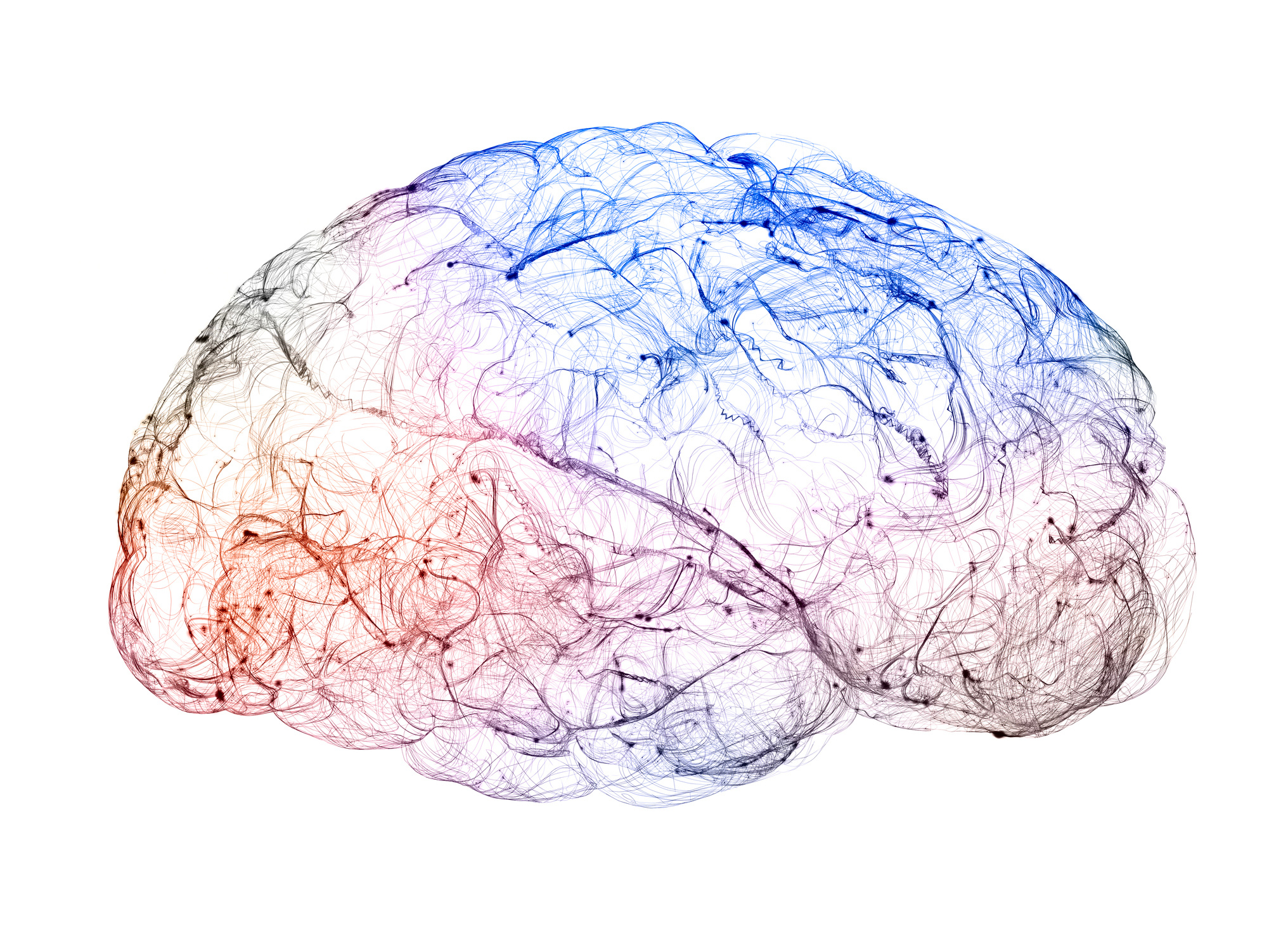As researchers gather more data on the lasting effects that plague people who have survived a severe COVID-19 infection, a large-scale study of more than 236,000 patients has found that in as many as 1 in 3 cases, patients experience a mental health or neurological disorder within six months. The new study, published in The Lancet Psychiatry, supports a growing number of findings that link serious COVID cases with brain health issues, according to a recent AARP Health report.
Researchers found that nearly 34 percent of COVID-19 patients in the study group were diagnosed with neurological disorders or mental health disorders after recovering from coronavirus. For almost 13 percent of these patients, this would be their first time being diagnosed with a brain health disorder. Most common among the 14 brain disorders reported were mood and anxiety conditions followed by substance use disorders and insomnia.
Neurological symptoms occurred in fewer cases in the six months following a COVID-19 infection; 2.1 percent of participants suffered an ischemic stroke, 0.7 percent reported dementia and 0.6 percent had a brain hemorrhage. The risk for brain health disorders was highest among patients who were seriously ill and in those who were admitted to intensive care units in the hospital.
When compared with patients who had been diagnosed with influenza or other respiratory infections, COVID survivors were found to be at a greater risk for psychiatric and neurological disorders in recovery. It is believed that inflammation caused by the COVID-19 virus may be partly responsible for brain health problems. Oxygen deprivation and blood clotting may also contribute to the brain health issues frequently reported by patients following a coronavirus infection.
The findings of this research will help inform health care practitioners on the possible long-term symptoms of COVID-19 infection and better screen for serious brain health conditions such as stroke. If you have persistent symptoms affecting neurological or psychiatric health, talk with your doctor and don’t ignore issues like brain fog, insomnia, sudden confusion, or other brain health problems.
As always, it’s important to be physically active, eat a healthy diet, stay socially connected with others and get enough sleep. Keeping your brain active with games, reading, listening to music, or learning a new skill can also help protect neurological and mental health in these difficult times.






Add Your Voice
0 Comments
Join the Discussion